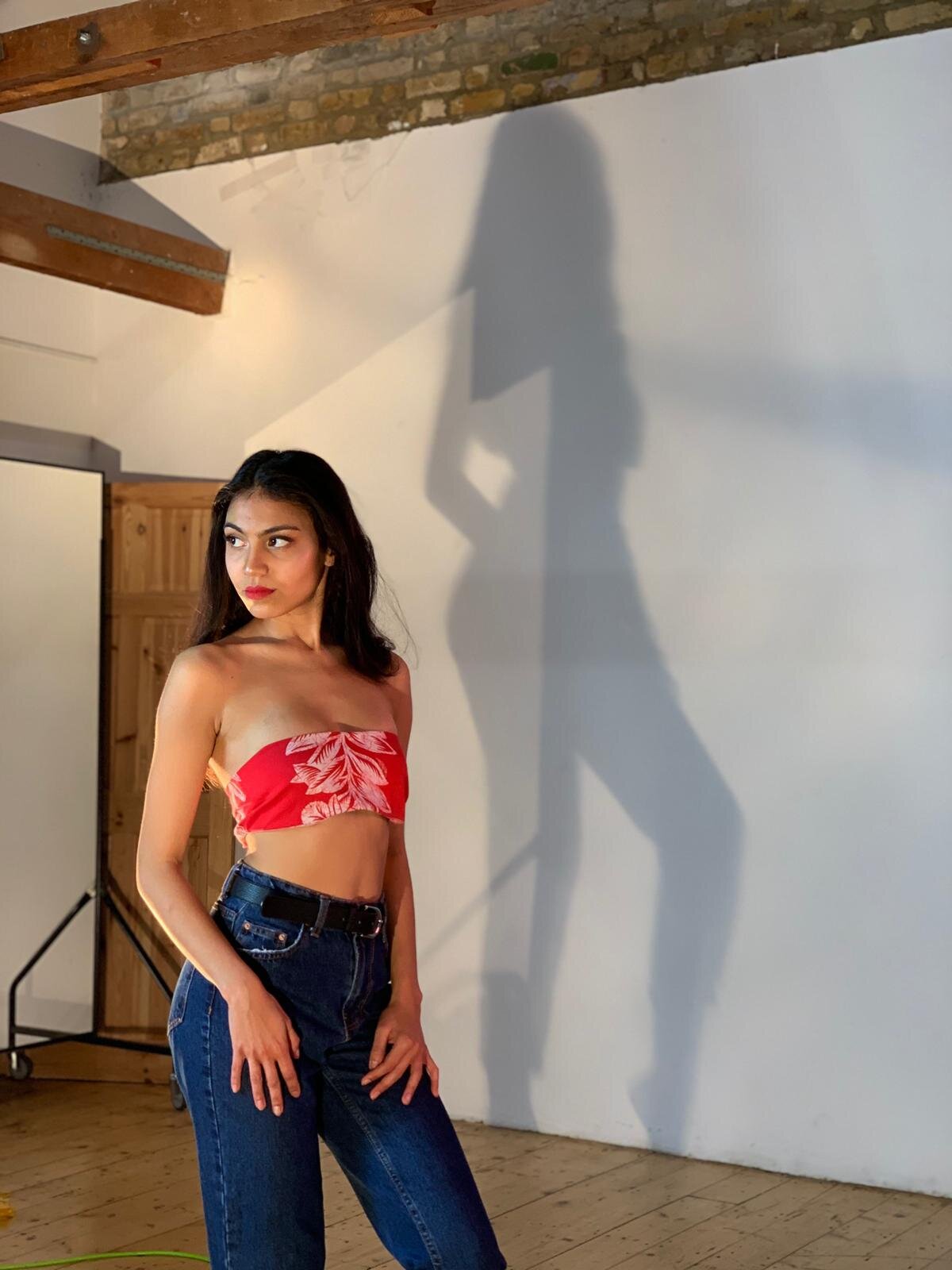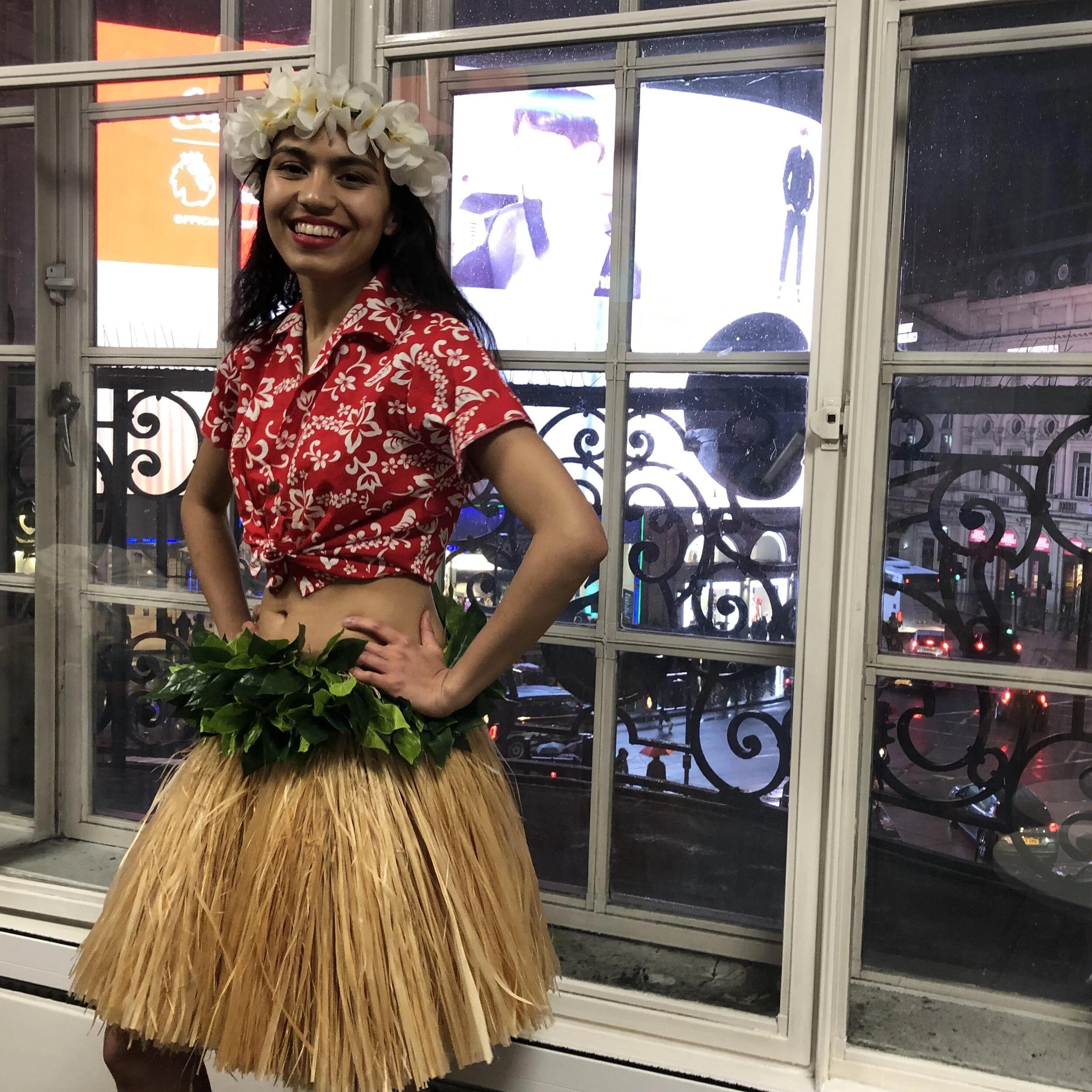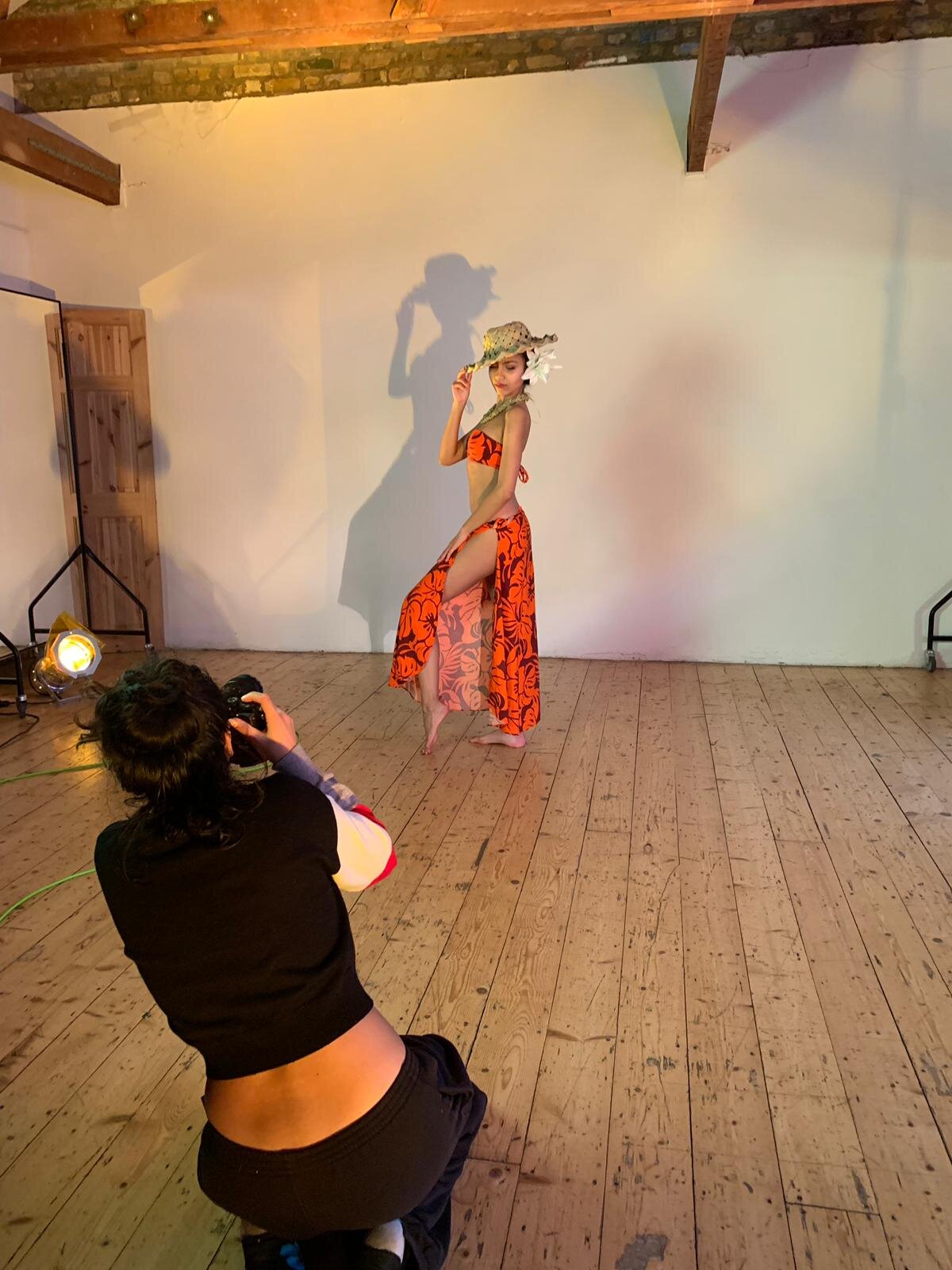Louder Than The Storm
Graphic by Alexa Marie (@aleexamarie)
Growing up, Disney’s Lilo and Stitch was my favourite film. I fell in love with the Hawaiian culture and hoped to one-day dance Hula, just like Lilo. Three years ago, I joined the London School of Ori’ and Hula (LSHO). LSHO teaches Hula ‘Auana and Ori’ Tahiti to people of all levels. I finally got the chance to fulfil my dream of being Lilo and dancing Hula.
I attended weekly classes with LSHO and my love for Hawaii grew into a love for Polynesian culture in general. I discovered that there truly was more to Polynesian dance than just grass skirts and coconut bras. I discovered love, an ‘Ohana and the beauty of expressing yourself through movement.
If you haven’t seen Lilo and Stitch (2002), there’s a commonly referenced scene in which Lilo explains: ‘Ohana means family’ in Hawaiian. In reality, the significance of family in Western culture differs greatly to the meaning of ‘Ohana. In Hawaii, it represents loyalty, love and support. Additionally, your ‘Ohana does not need to be blood-related as it is a term that also includes friends. It is considered a great honour to be part of someone’s ‘Ohana. The feeling of ‘Ohana is certainly present in LSHO. From making traditional dance costumes together to winning Ori’ competitions, the LSHO ‘Ohana has become an unbreakable bond of sisterhood between women from all over the world.
When dancing Hula, the entire group must dance together as one. As a result, we must constantly check our Hula sisters to see if we are both in line and on time. When we dance as one, it is almost as if our souls become one too. We are an ‘Ohana outside of dance as well. There is never judgement and we are all very supportive of each other in our ambitions. Moreover, we welcome anyone into our ‘Ohana. All that we ask for is a love and respect for Polynesian culture and kindness to all.
Being mixed race, I never really felt a sense of belonging. No one looked like me and no one had similar experiences. LSHO is made up of women from all over the world who welcome me without any judgement. It is one of the few communities where I feel that I truly belong. Hula is typically slower than Ori’, but still requires the same level of strength and stamina. Both tell stories and express emotions, but Hula tends to use more hand motions as a gesture towards pillars of nature such as the sun or a flower. Whenever I dance Hula outside barefoot on the grass, I feel connected to both the outer, natural world and my inner self. It brings me peace and offers a safe space to express myself.
As aforementioned, Hula and Ori’ tell stories and express emotions. Each time we learn a new dance, we take a second to think about the story and the emotion that we feel. My dance teacher always says that when you feel the dance, the audience does too. When you watch us perform in class together, it is clear that we all have our own story. It’s kind of like therapy. A group of women dance together to let out whatever emotion they feel without any fear of judgement. It has helped me a lot to let go of any anger or sadness. Above all, Hula and Ori’ make me happy. Polynesian culture is full of beauty and passion. I hope that everyone can discover a similar passion in their life.
Images from Isabella Lock
By Isabella Lock
(she/her)
Blog: https://isabellalock.wixsite.com/bellaetc/blog/
Instagram: @isabellalock_
Twitter: @isabellalock_
Edited by Makella Ama (IG: @ma.kevelli)
Graphic by Alexa Marie (IG: @aleexamarie)
LSHO dance school
Instagram: @londonhulaori
Website: www.lsho.co.uk





